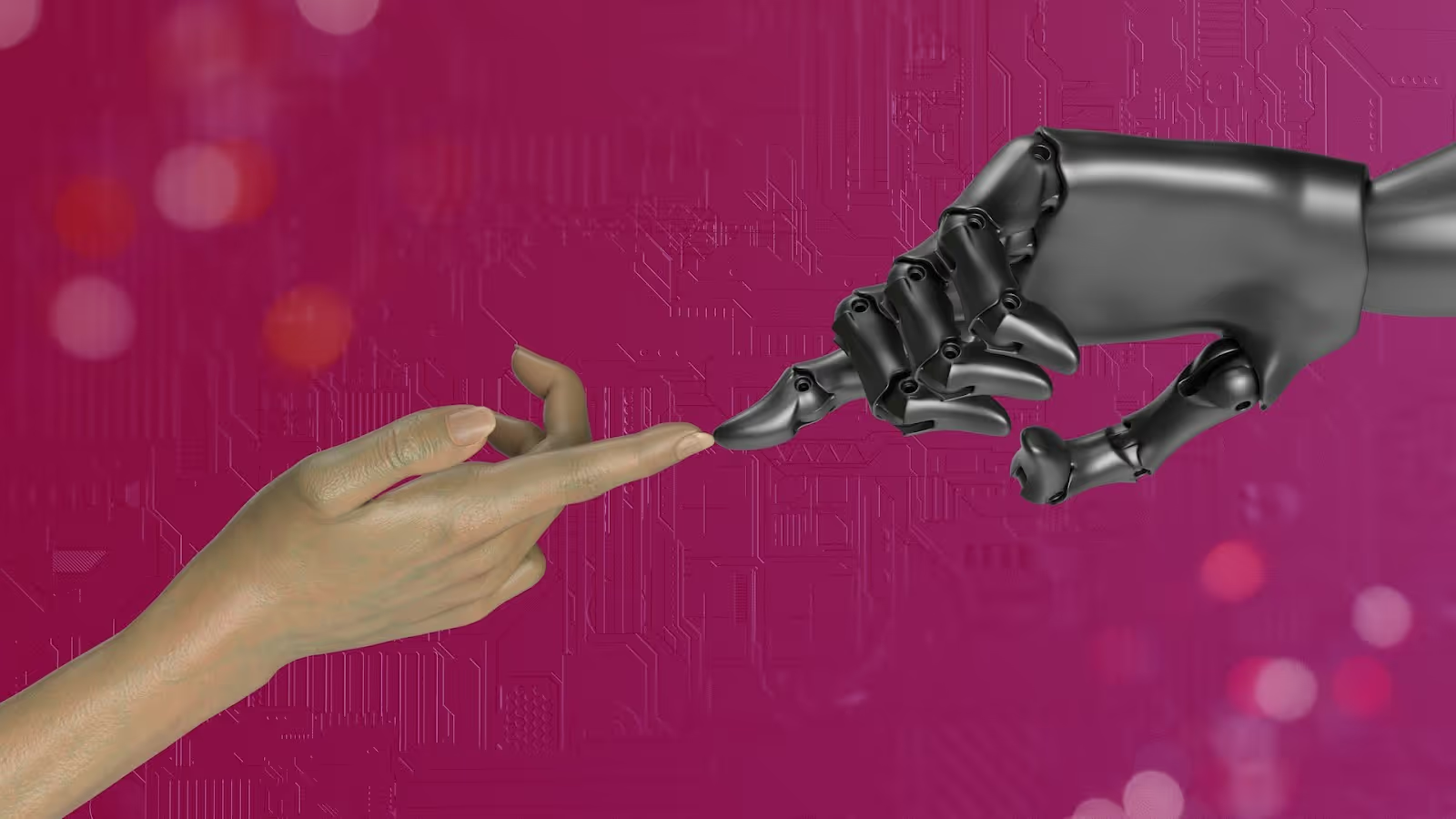OpenAI's Text-To-Video AI Model Sora And ChatGPT's 'Memory' Feature Raise Privacy Concerns.

The last few years have seen a lot of progress in the field of artificial intelligence (AI). OpenAI’s announcement of the new features, such as Sora and memory ChatGPT, is a huge step. Through its new feature, called "memory," ChatGPT can remember what it learned from previous conversations with users. Officially, its goal is to improve the user experience by getting rid of the need to share information over and over again. However, users are still very worried about privacy, data security, and the bigger effects of AI-enabled data retention because this feature is on by default. Even though OpenAI said users would have control over the feature, there are still concerns about the kinds of data that will be stored and the chance of privacy breaches.

With its ability to create videos that remarkably resemble text, Sora represents a significant advancement for text-to-video AI models. The model's name, meaning "sky" in Japanese, reflects its expansive creative potential and signifies a bold step forward in AI-driven media production. OpenAI acknowledges that the model may struggle with accurately simulating the physics of complex scenes and understanding specific cause-and-effect relationships. For example, while Sora can create lifelike visuals, it may encounter challenges in accurately depicting certain actions or interactions within a scene.
These videos, which are up to a minute long, have beautiful graphics, but OpenAI says that the model is still not good at simulating complex scenes accurately or understanding how one action can lead to another. Sora has some limitations, but it has a lot of creative potential, as shown by its ability to make vivid and varied videos. OpenAI has shared Sora with cybersecurity experts and creative professionals to gather feedback and assess potential risks, signalling a commitment to the responsible development and deployment of AI technologies.
The activation of ChatGPT's memory feature by default parallels the broader trend of technology companies making decisions about data collection and storage on behalf of users. While OpenAI states that users can deactivate the memory feature at any time, the default setting may inadvertently expose users to risks associated with data retention without their explicit consent. This approach underscores the importance of informed consent and user autonomy in shaping the development and deployment of AI technologies.

The opacity surrounding the nature of AI memory raises additional concerns regarding user privacy and data security. Without a clear understanding of the types of information retained by ChatGPT, users are left to speculate about the potential implications for their personal data. While OpenAI provides assurances that sensitive information will not be proactively memorized unless explicitly requested by the user, the lack of transparency regarding the criteria for data retention leaves room for uncertainty and mistrust. Moreover, the potential for accidental data leaks, as evidenced by past incidents involving OpenAI, further compounds these concerns and underscores the need for robust safeguards and accountability mechanisms.
In response to apprehensions surrounding the memory feature, OpenAI has introduced several measures aimed at mitigating privacy risks and empowering users to control their data. These include the option for users to switch to a "temporary chat" mode for memory-free conversations and the promise to prevent the proactive memorization of sensitive data. While these measures represent steps in the right direction, their effectiveness hinges on user awareness, engagement, and trust in OpenAI's commitment to privacy and data security. Additionally, the deployment of the memory feature to a limited cohort of users for testing underscores OpenAI's commitment to iterative development and responsible deployment of AI technologies.
In addition to these advancements, AI made appearances during Super Bowl LVIII. Microsoft and Google showcased new AI-powered products in their ads, highlighting the potential for AI to enhance human capabilities. Meanwhile, a commercial for the sports drink brand Bodyarmor featured a surreal depiction of AI-generated content, reminiscent of earlier experiments with AI-generated media. Verizon also included a brief nod to AI in its ad starring Beyoncé, further showcasing AI's presence in mainstream culture and advertising.
However, amidst these developments, concerns have emerged regarding the misuse of AI technology by state-backed hackers. Microsoft reported that five groups of hackers with ties to various governments had been using OpenAI's technology to enhance their cyberattack capabilities. While the specifics of how AI was used remain undisclosed, the revelation underscores the need for vigilance and safeguards against potential misuse of AI tools. In response, Microsoft implemented a ban on state-sponsored hackers using OpenAI's products, highlighting the importance of responsible AI governance and security measures.
Meanwhile, OpenAI CEO Sam Altman has been seeking substantial investment for a proposed venture to build graphics processing units (GPUs). This ambitious endeavour aims to address chip scarcity and expand the global GPU supply chain, with the ultimate goal of advancing AI research and achieving "safe AGI that benefits all of humanity." Altman's fundraising efforts, though unprecedented in scale, align with OpenAI's mission to drive innovation in AI technology while ensuring ethical and equitable outcomes.

The recent developments in AI, including the introduction of Sora and the memory feature for ChatGPT, highlight the ongoing evolution of AI technology and its potential impact on various industries, including film. While these advancements offer exciting possibilities for creativity and efficiency, they also raise important considerations regarding privacy, security, and ethical use. As AI continues to permeate society, it is imperative to prioritize responsible development, governance, and collaboration to harness its benefits while mitigating potential risks.

Disclosure: This list is intended as an informational resource and is based on independent research and publicly available information. It does not imply that these businesses are the absolute best in their category. Learn more here.
This article may contain commission-based affiliate links. Learn more on our Privacy Policy page.











